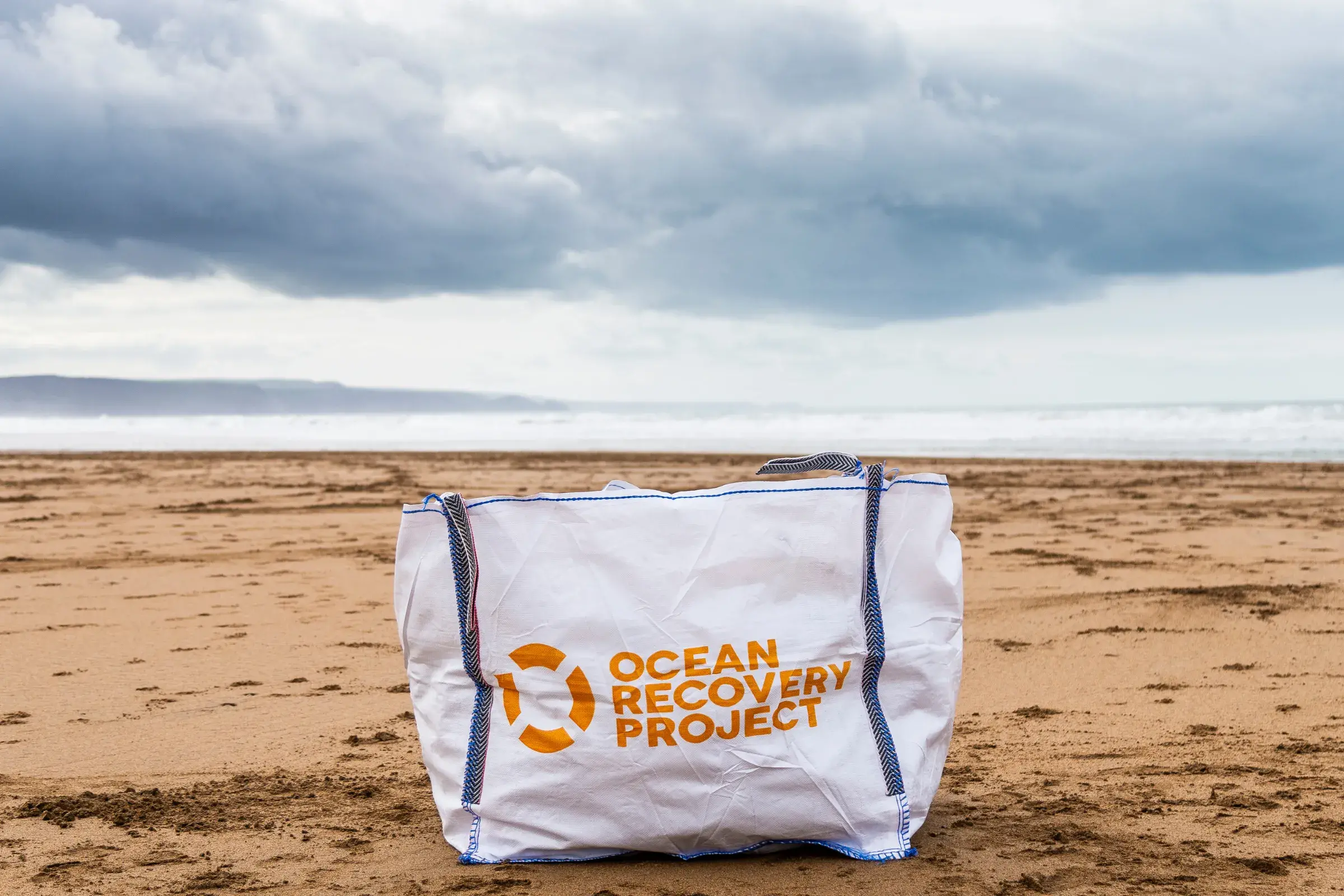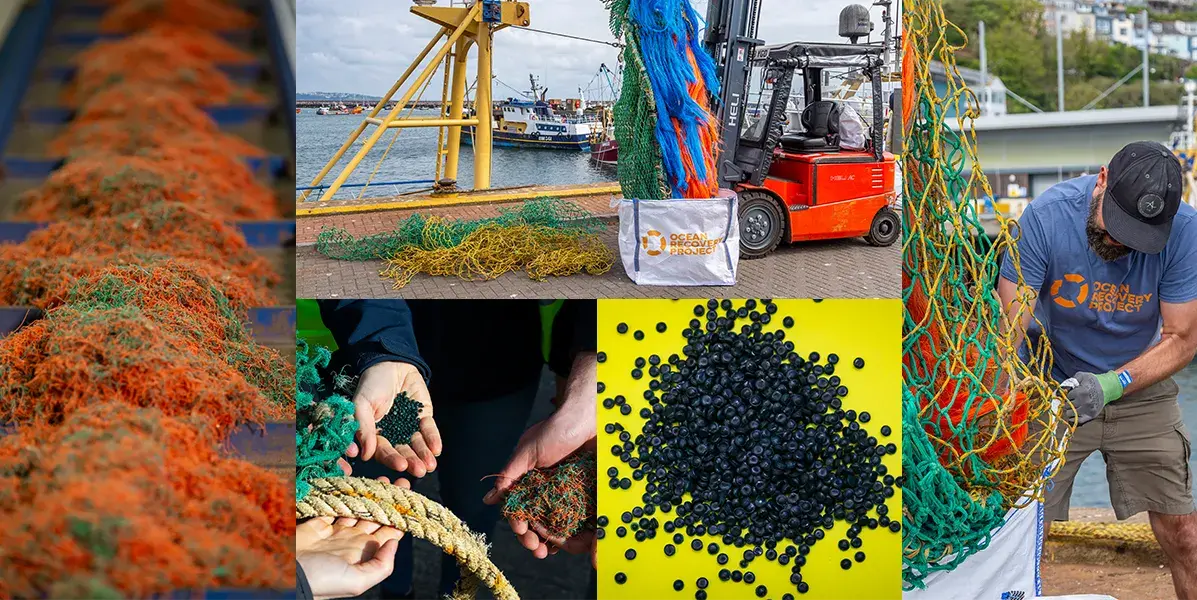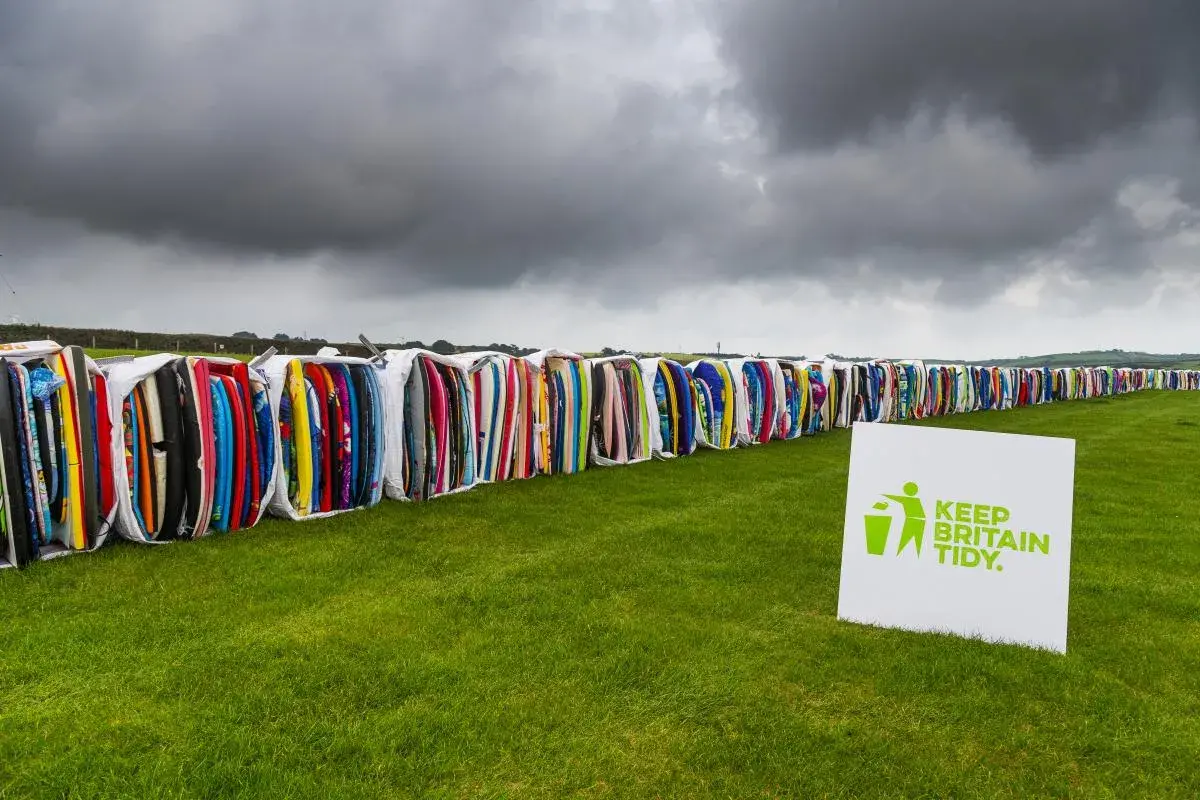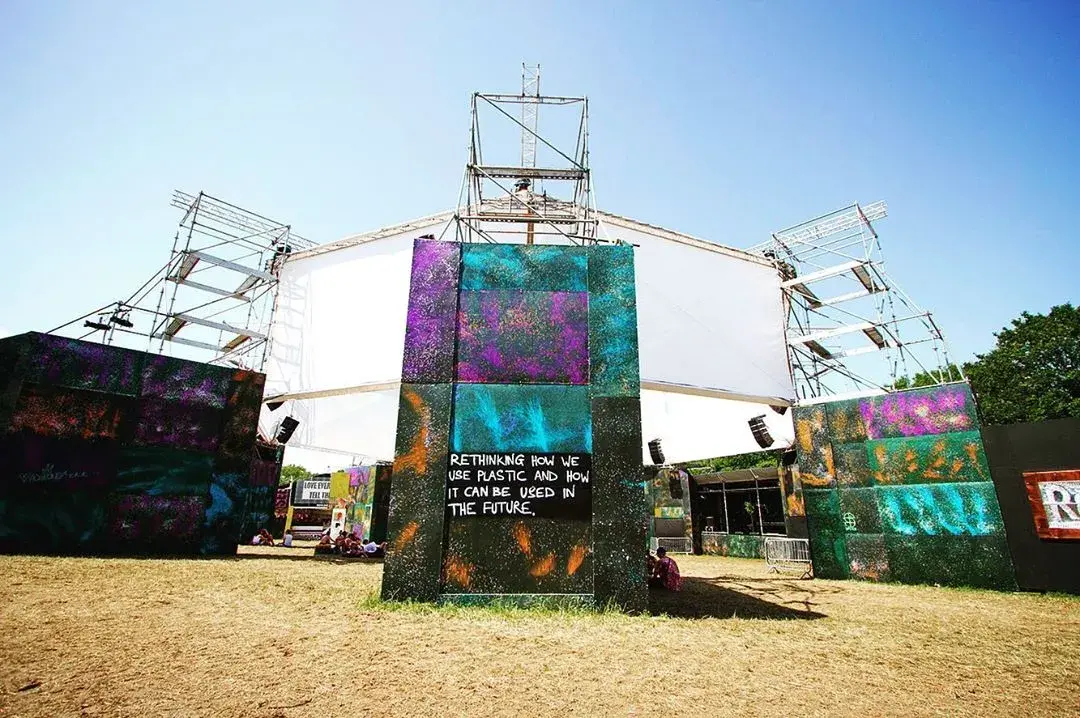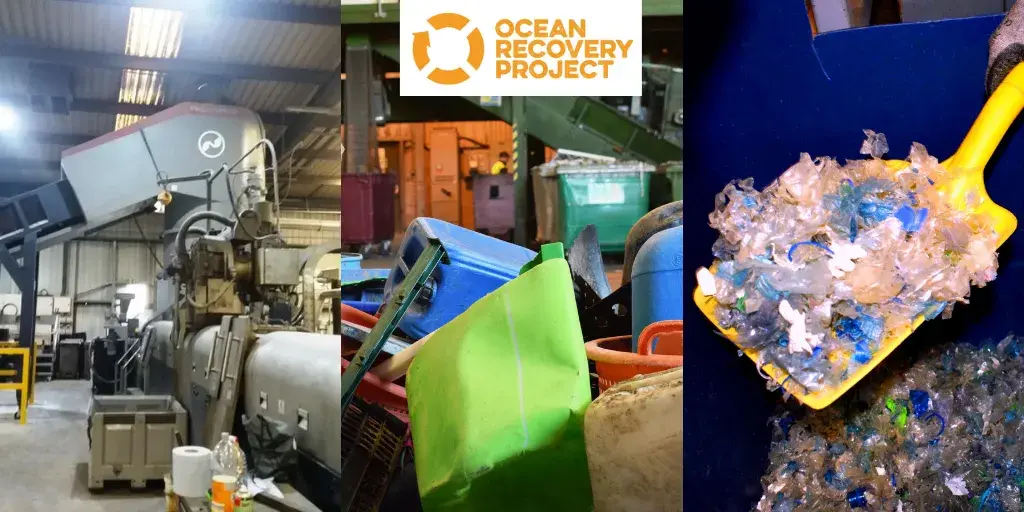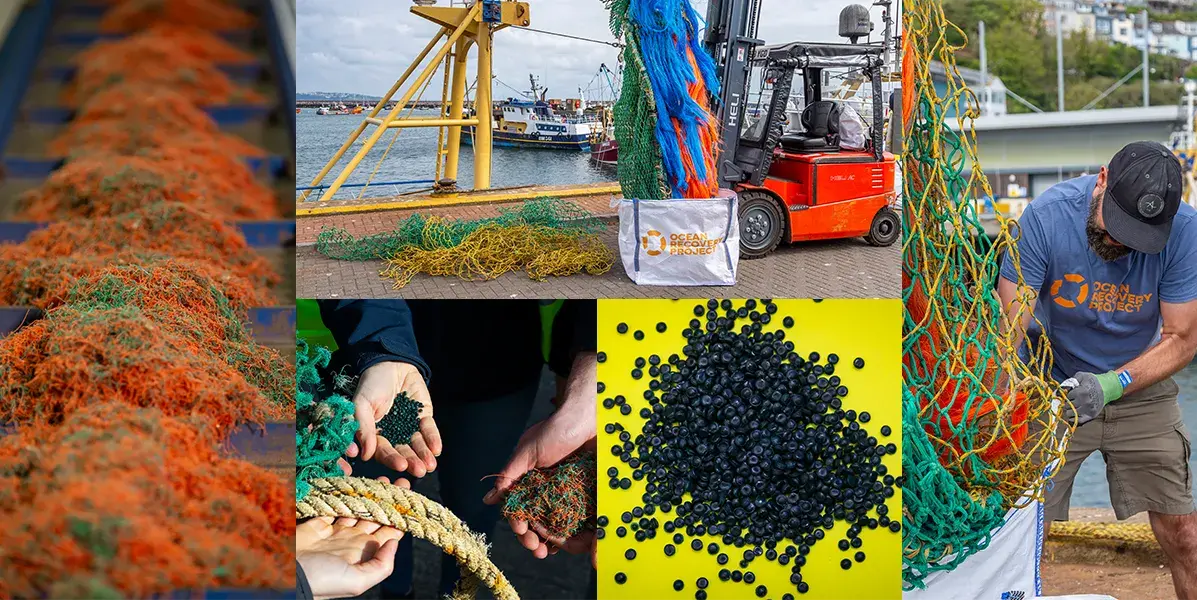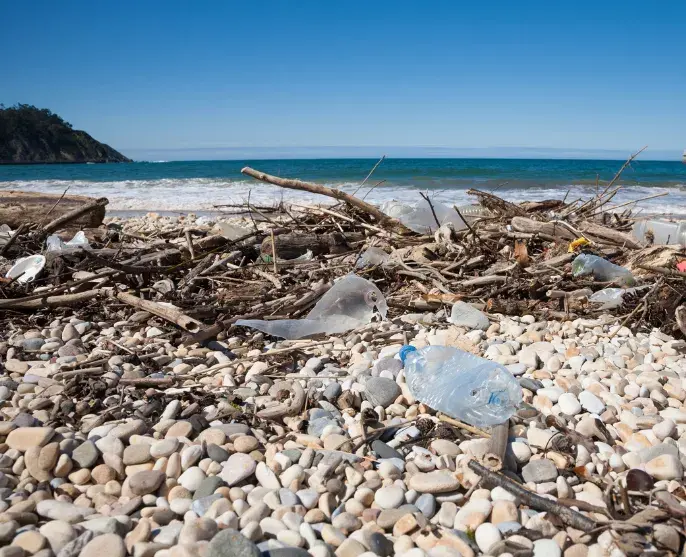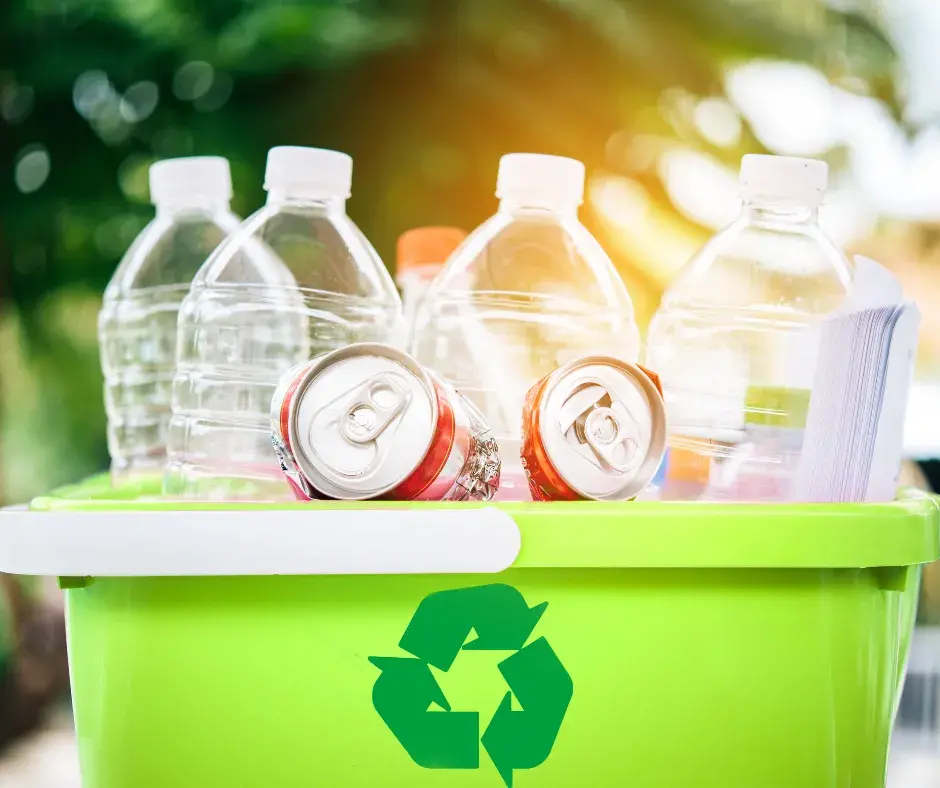We are proud to have helped develop the first UK system for processing fishing trawl nets. Whether collected from harbours, beaches or even the seabed, we take these giant nets and work with our recycling partner Milspeed to provide a recycled plastic pellet to UK industry.
We collect nets washed up on beaches, as well as more than 40 tonnes of nets from the UK’s biggest fishing harbour, Brixham.
These nets have aided the development of a new system with Milspeed that will help the UK fishing industry and also make a meaningful contribution to the circular economy. Prior to this, fishing nets, which are challenging to recycle, had to be shipped to Europe to be processed. Now there is a fully traceable UK system from beach or harbour to recycled pellet.
This work was made possible thanks to support from The Scottish Power Foundation and the Swire Charitable Trust.
If you are an organisation or local authority that would like to discuss how you could be a part of this exciting work, you can contact us to find out more
